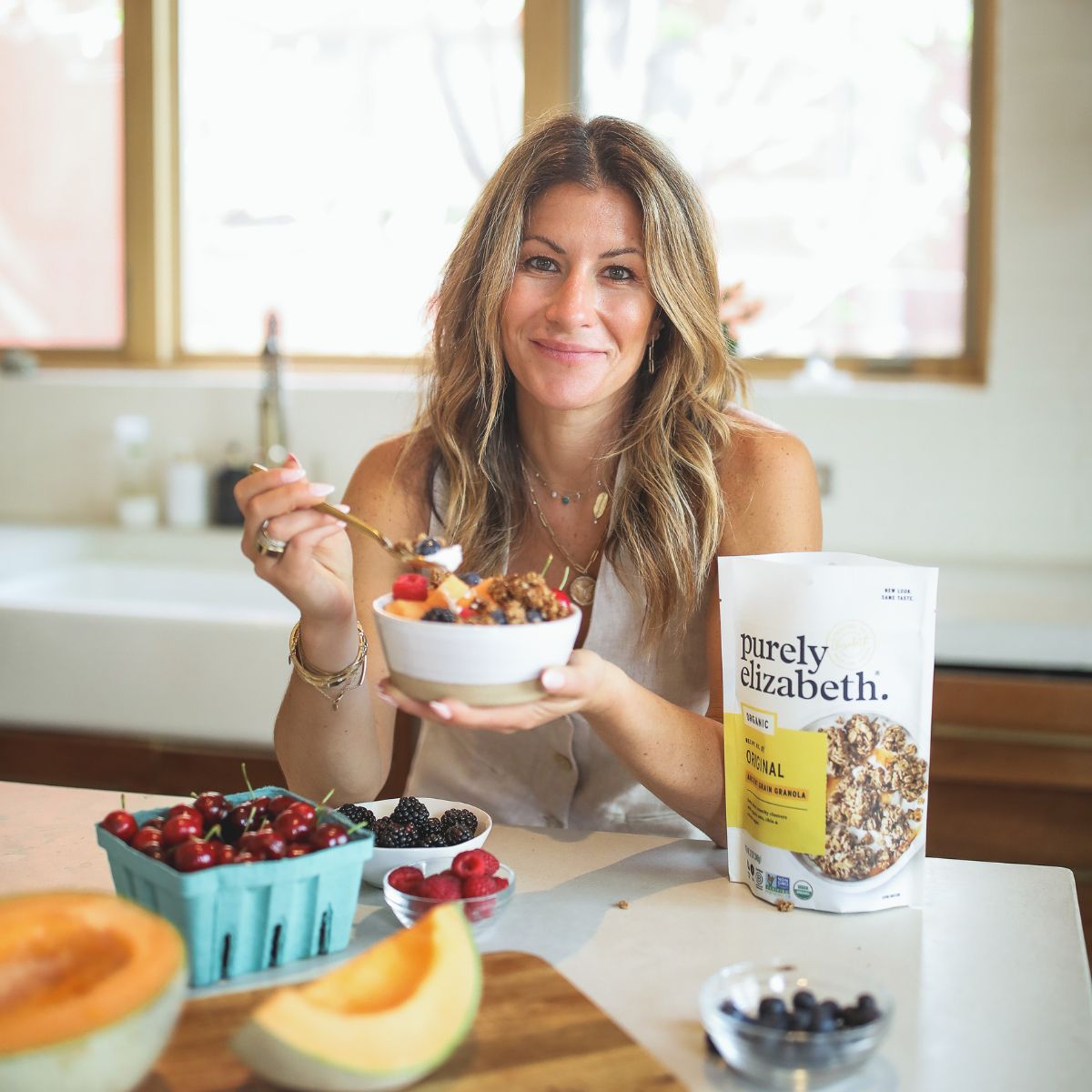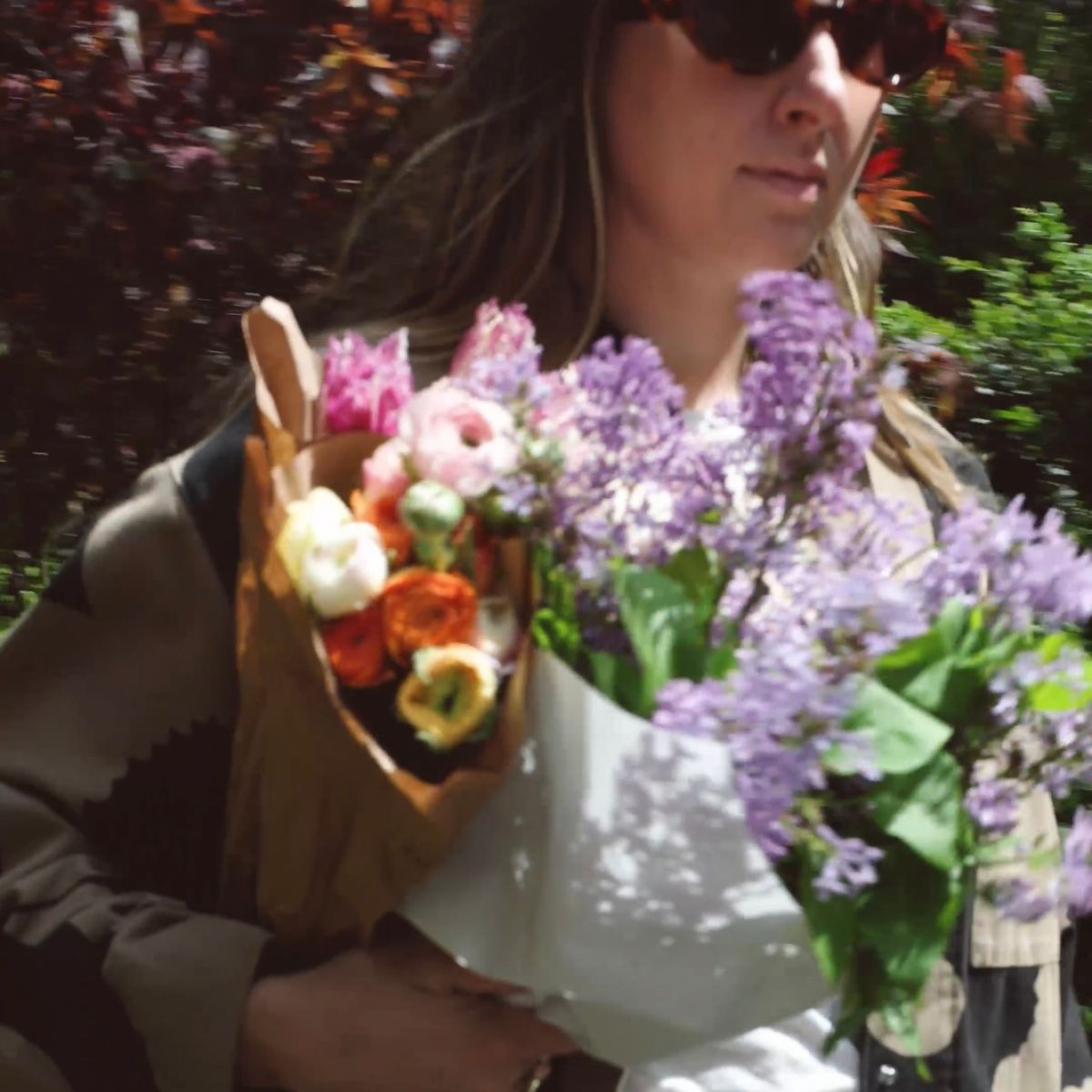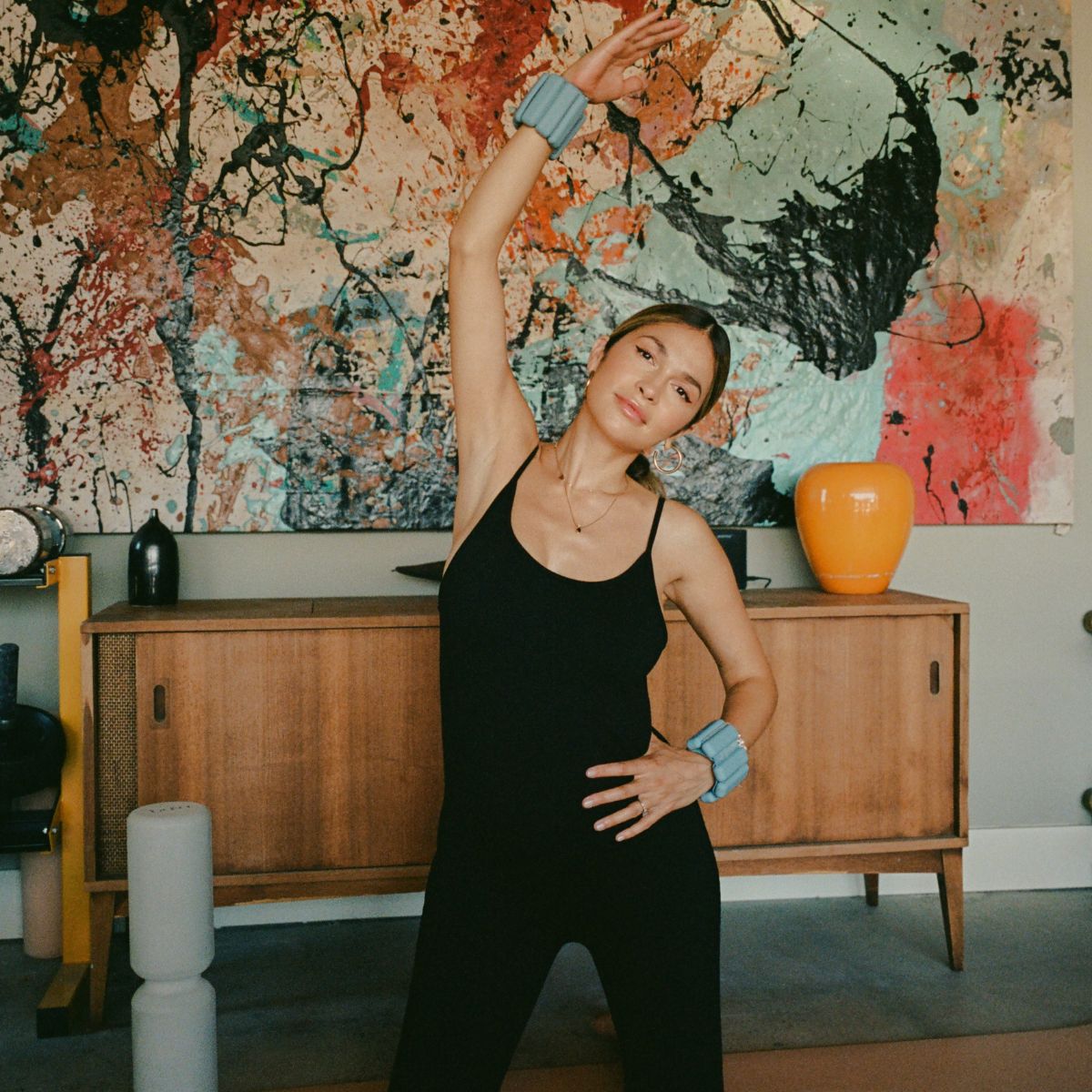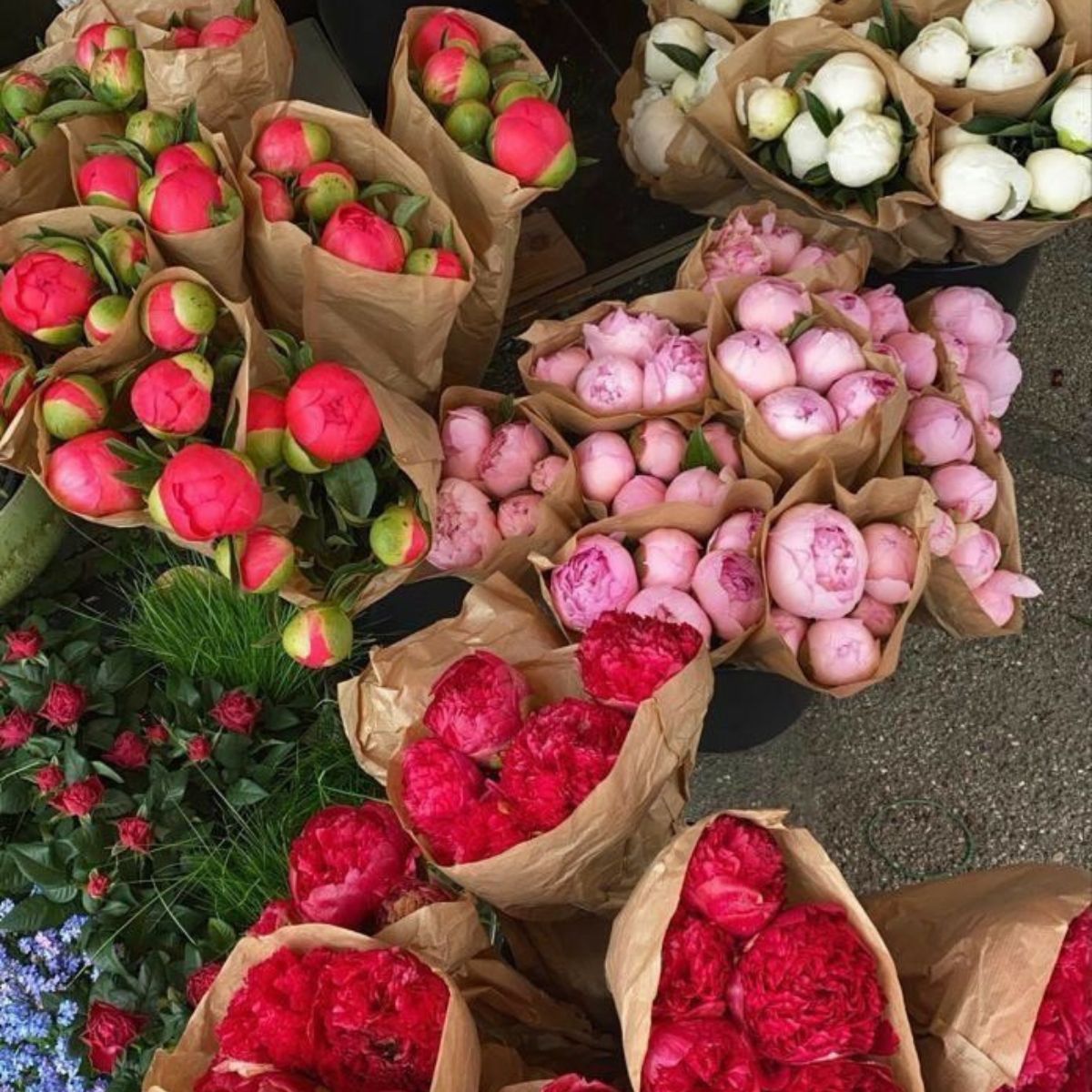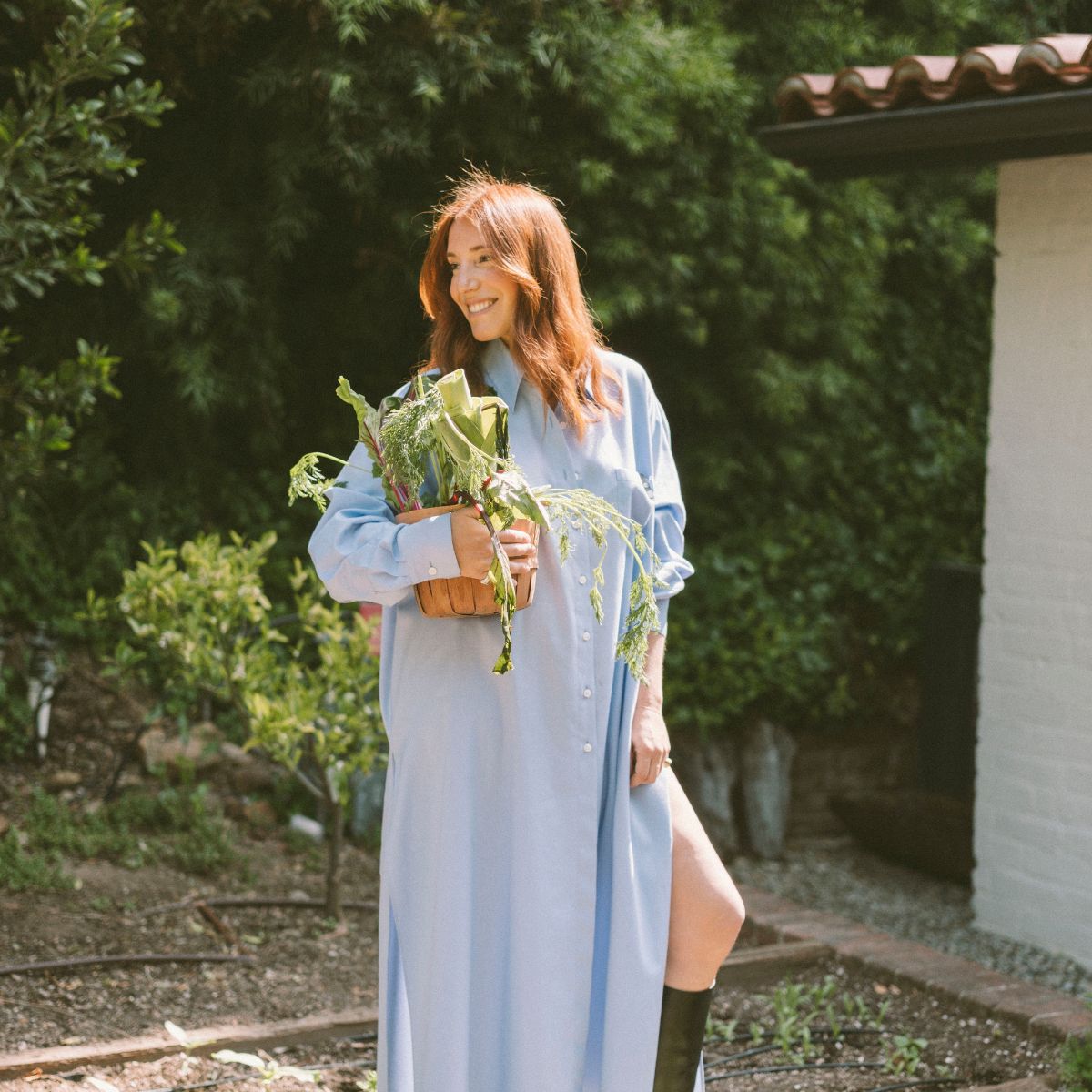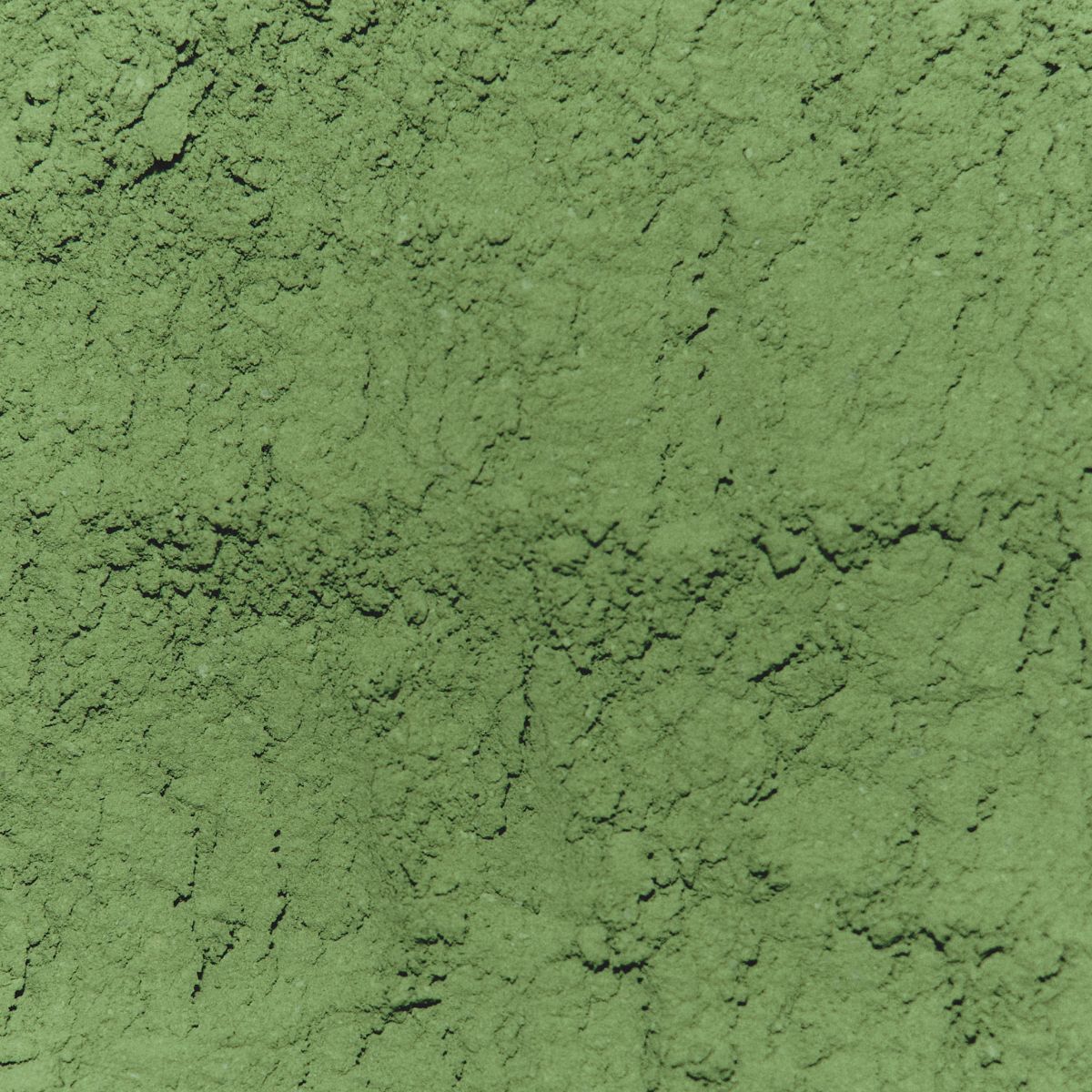Step into the world of Material, where Eunice Byun, the co-founder and CEO, has created a go-to destination for today's home cooks. With accolades from renowned publications like The New York Times, Forbes, and Oprah's Favorite Things, Material has solidified its place as a leader in the industry. Eunice shares her insights on risk-taking, fearlessness, and the art of seizing opportunities. She also talks with Elizabeth about how her diverse professional background, from intimate apparel and beauty to advising startups and working at Revlon, has shaped her entrepreneurial journey. Eunice discusses her passion for sustainability in the kitchen, the inspiration behind the Material brand, and the essential tools every kitchen should have.
Shop Material Kitchen products here and use code PURELYELIZABETH for 20% off until July 31st!




